Access to basic services
ADA facilitates access to renewable energy, water and sanitation services
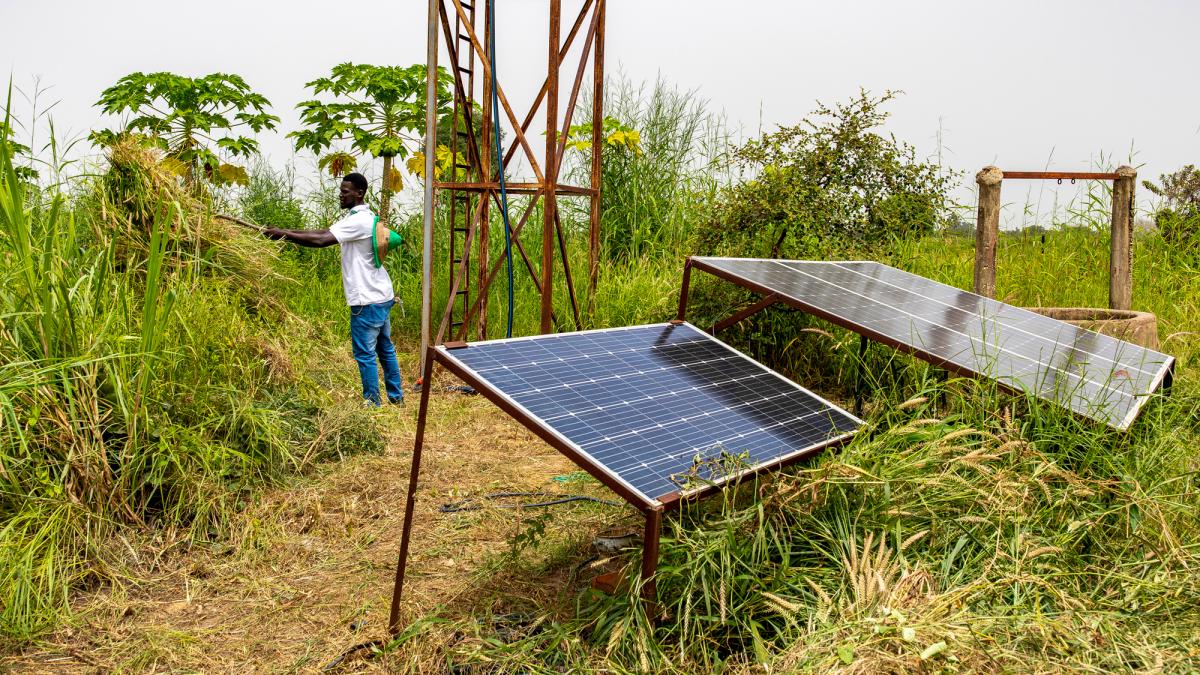
ADA strives to sustainably improve the living conditions of vulnerable households by strengthening local value chains to ensure access to basic services such as water and sanitation. In addition, ADA provides access to renewable sources of energy for small businesses to support their activities.
To this end, ADA has been working with MFIs, for more than ten years, on developing specific and tailored loans to be used to acquire solar kits and to access water, sanitation and hygiene (WASH) services. Between 2012 and 2022, ADA supported seven MFIs in Central America and the Philippines through partnerships with the regional networks REDCAMIF (the regional microfinance network for Central America and the Caribbean) and MCPI (Microfinance Council of the Philippines).
Drawing on this experience, ADA has sought to develop its approach by diversifying its partners and providing support to all stakeholders in the product or service value chain that meet the needs of the target population (solar mini-grid operators, solar kit suppliers and energy-efficient equipment suppliers).
Since 2022, ADA has been structuring value chains to help service providers to improve their business management and extend their client base, and has been collaborating with microfinance institutions to develop dedicated loan products. At the same time, ADA is raising awareness among vulnerable communities about the importance of sanitation and the benefits of solar energy in order to boost demand for services relating to water, sanitation and renewable energy.
This new approach is piloted through test projects in two areas: renewable energy and WASH, on the three continents, in the regions in which ADA operates.
Renewable energy
— Five pilot projects have been implemented with mini-solar network operators in Senegal (Le Partenariat/PFE, COSEER), Burkina Faso (FRES, Sahelia Solar) and Benin (ARESS). The goal is to secure access to renewable energy for a large number of VSEs (very small enterprises) and households located in remote “off-grid” rural areas, i.e. areas that are not connected to the conventional national electricity grid. These projects seek to develop the productive use of energy (which refers to the use of energy for commercial purposes to meet business needs; to be differentiated from domestic use, which refers to the use of energy by households to meet their daily needs) in order to make the mini-grid profitable and thus enable rural populations to access green energy sustainably.
The productive use of energy can be encouraged by promoting the acquisition of efficient equipment - such as refrigerators, freezers, mills, etc. - and by combining it with entrepreneurial capacity building (training courses on accounts management, the production of a simplified business plan, day-to-day running of a business and access to financing) and financial inclusion through the presence of financial institutions that will facilitate access to appropriate financing solutions. In Senegal, an ongoing project involves installing digital meters, which allow households to prepay their electricity via mobile money transactions, thereby allowing them to manage their household budgets more efficiently. These prepaid meters will also be used by a financial institution as digital channels to repay credits. The provision of a digital solution to households enables them to both improve their financial health and increase their financial inclusion in rural areas.
These test projects focused on mini-solar networks have given rise to the EVER (Green Energy for Rural Development) programme, a broader programme that could be successfully replicated in various countries across West Africa and Asia.
— Two other pilot projects to promote the use of solar-powered agricultural equipment were initiated in Bangladesh with the NGO Friendship and in Burkina Faso with the equipment supplier AES and the MFI Graine.
— In addition, three other pilot projects, combining rural entrepreneurship, access to energy and financial inclusion, have been developed in Benin with the equipment supplier Qotto and in Bangladesh with the NGO Friendship. Qotto, in partnership with the MFI Cap Finance, has launched nano-loans for business operators via a digital Pay-as-you-go platform (users are invoiced based on the extent to which they actually use the platform’s services), which is also used for the reimbursement of their solar kits.
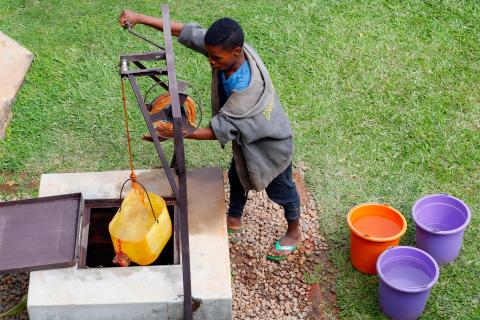
Water and sanitation
— In Guatemala, ADA collaborated with the NGO Water for People to install water and sanitation facilities in primary schools. This was accompanied by WASH education and demonstrations for the children’s families with the aim of encouraging them to also improve hygiene and sanitation in their homes thanks to dedicated loans provided by a local IMF. ADA provided financial and organisational support.
— In Cambodia, access to piped water in rural areas requires the extension of the piped water network under the management of private water operators. However, these community-based businesses have limited access to finance and poor technical knowledge, although piped water networks require sophisticated engineering to ensure the quality and continuity of service and compliance with regulations. To address these shortcomings, ADA is currently implementing a pilot project to provide the water suppliers with engineering assistance by iSEA and to develop two loan products adapted to the financial needs of the water suppliers with the MFI Chamroeun.
Key figures 2023
973
beneficiaries (individuals or households) of capacity-building services related to access to basic services (awareness-raising or entrepreneurial support).
761
households or individuals with access to basic services, including:
• 336 households with access to water and sanitation thanks to credit
• 353 households or individuals with access to energy-efficient equipment or renewable energy equipment through credit or via equipment suppliers who have had access to credit
• 72 households or entrepreneurs have access to solar energy via a mini-grid
Contribution to the SDGs
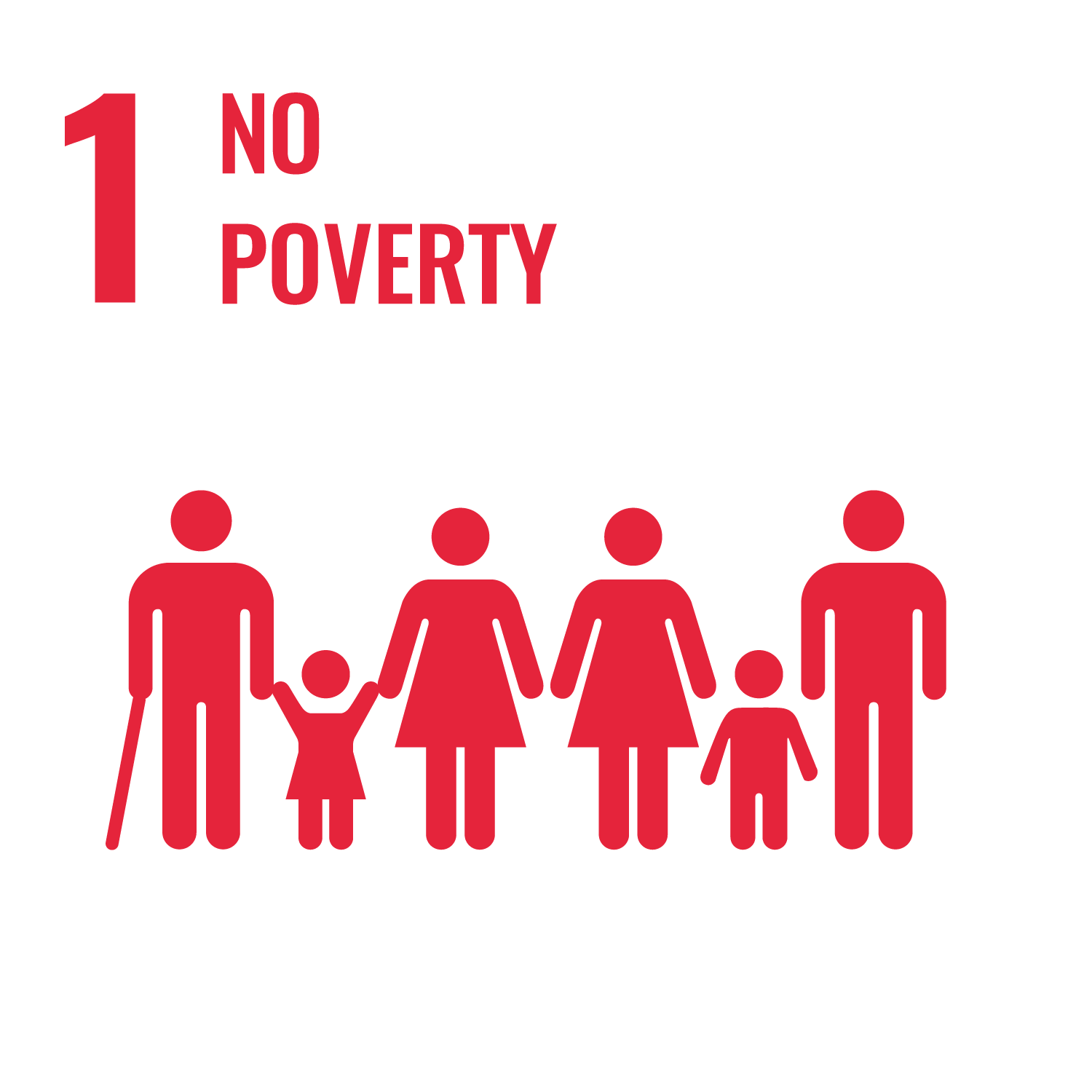
1.5 — Strengthening the resilience of vulnerable people

3.9 — Reducing health problems due to air, water and soil pollution
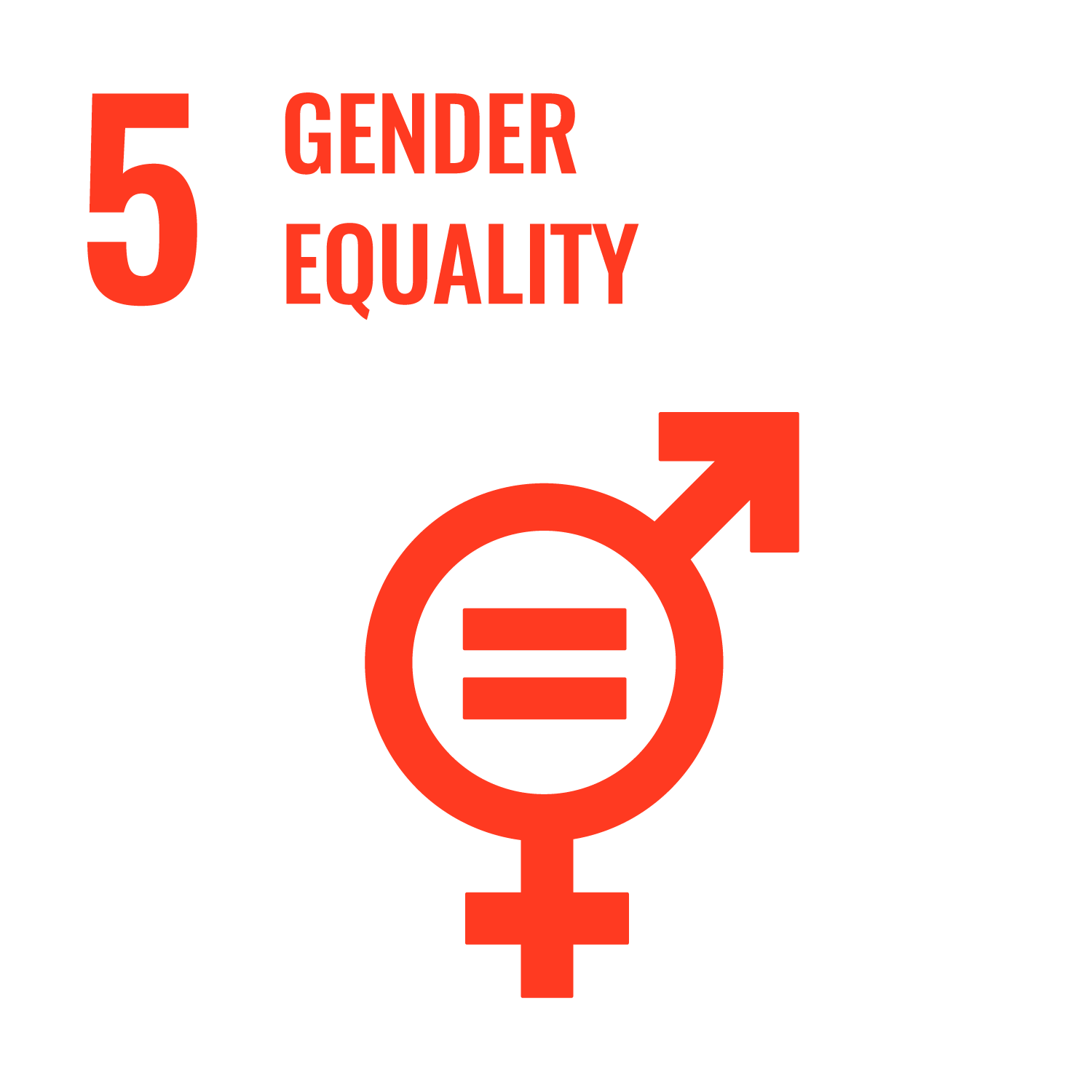
5.5 — Women's participation in economic life
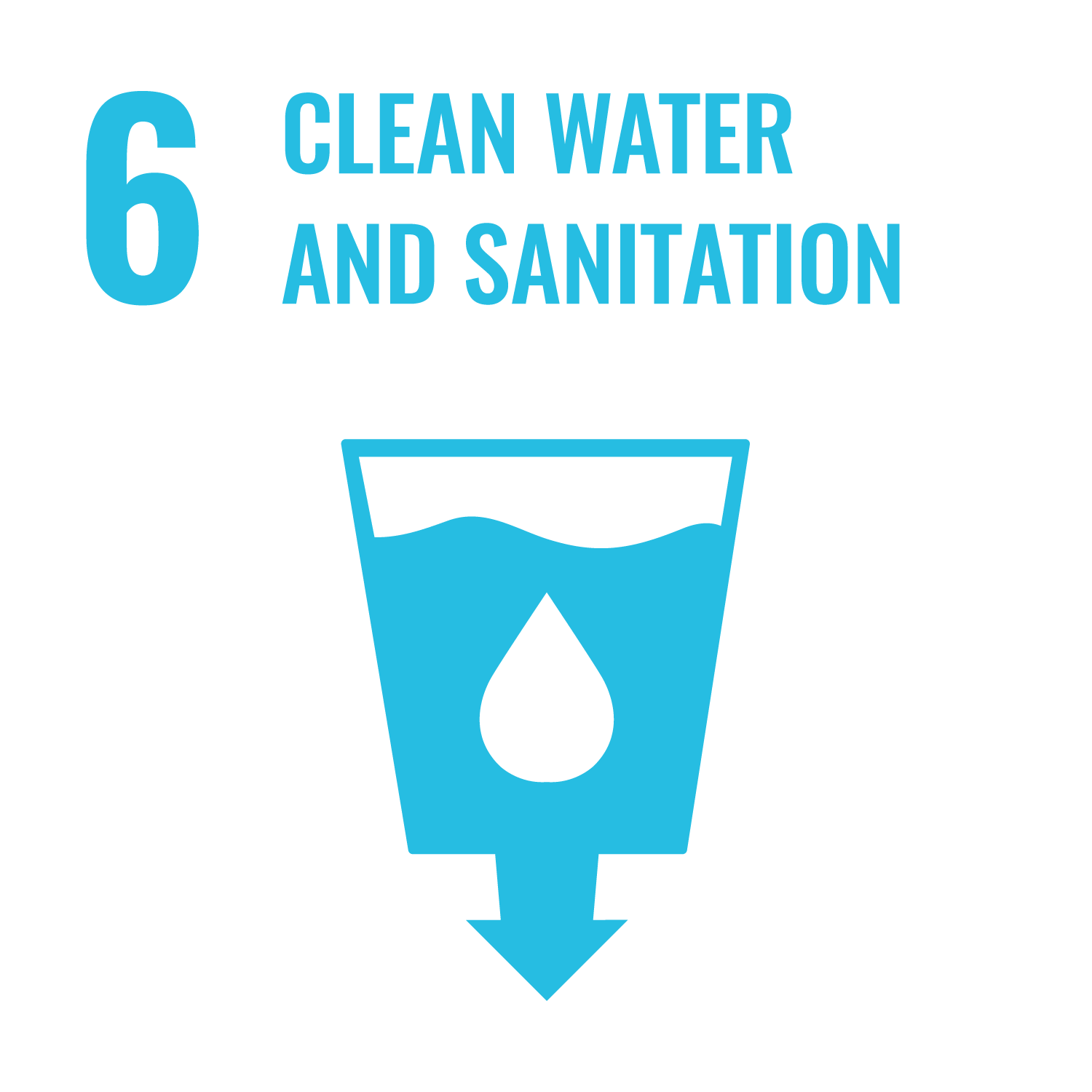
6.2 — Access to sanitation
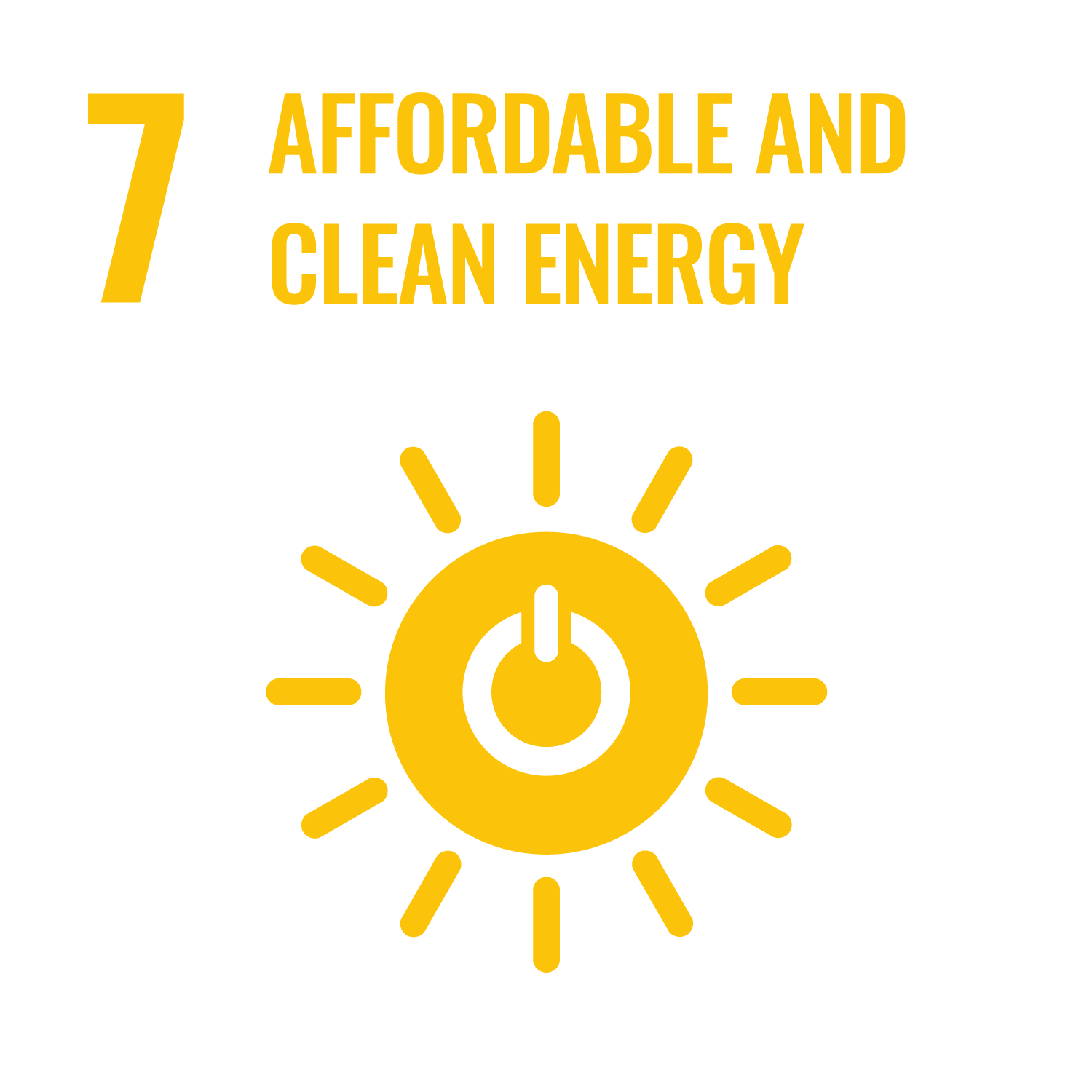
7.1 — Access to energy
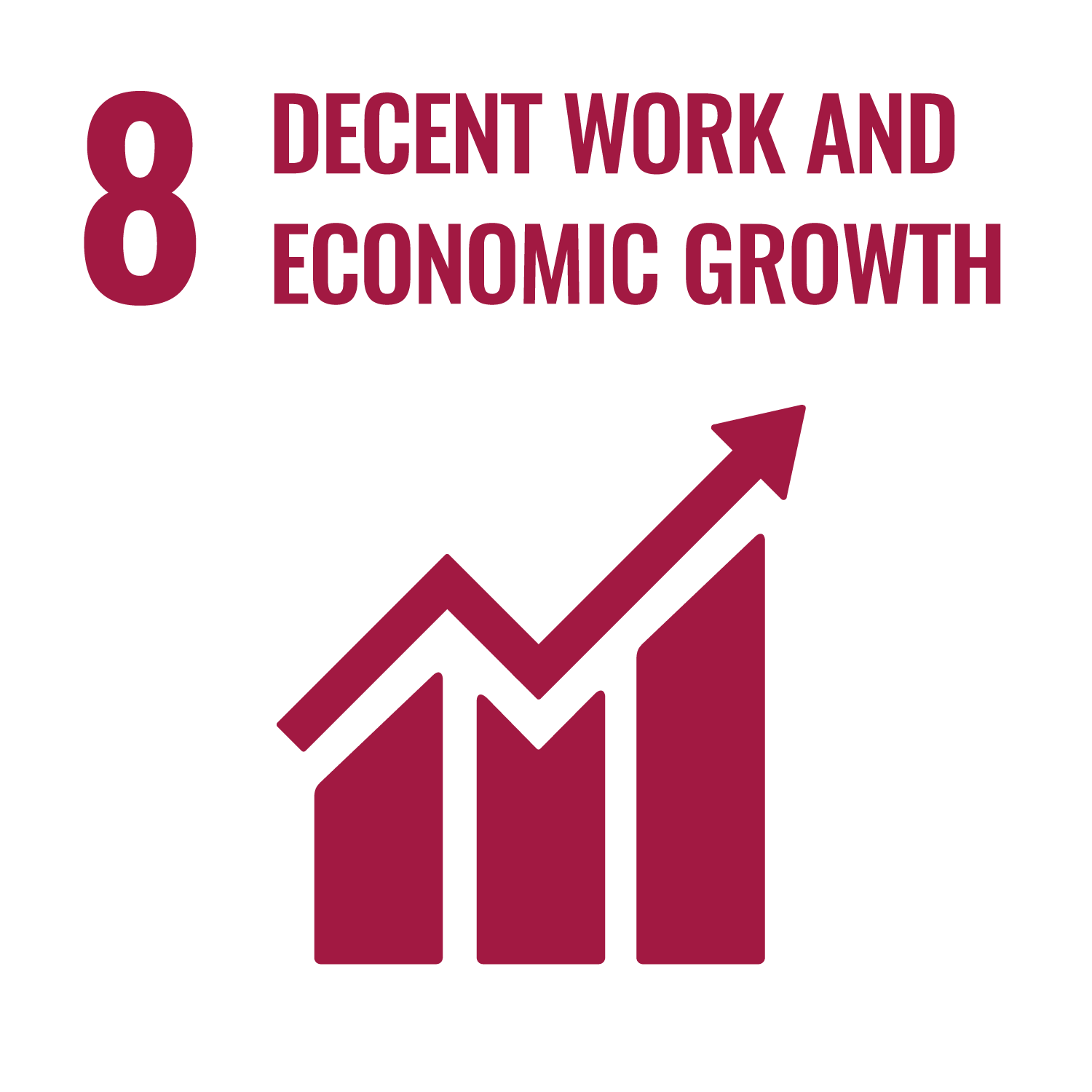
8.10 — Strengthen the capacity of domestic financial institutions
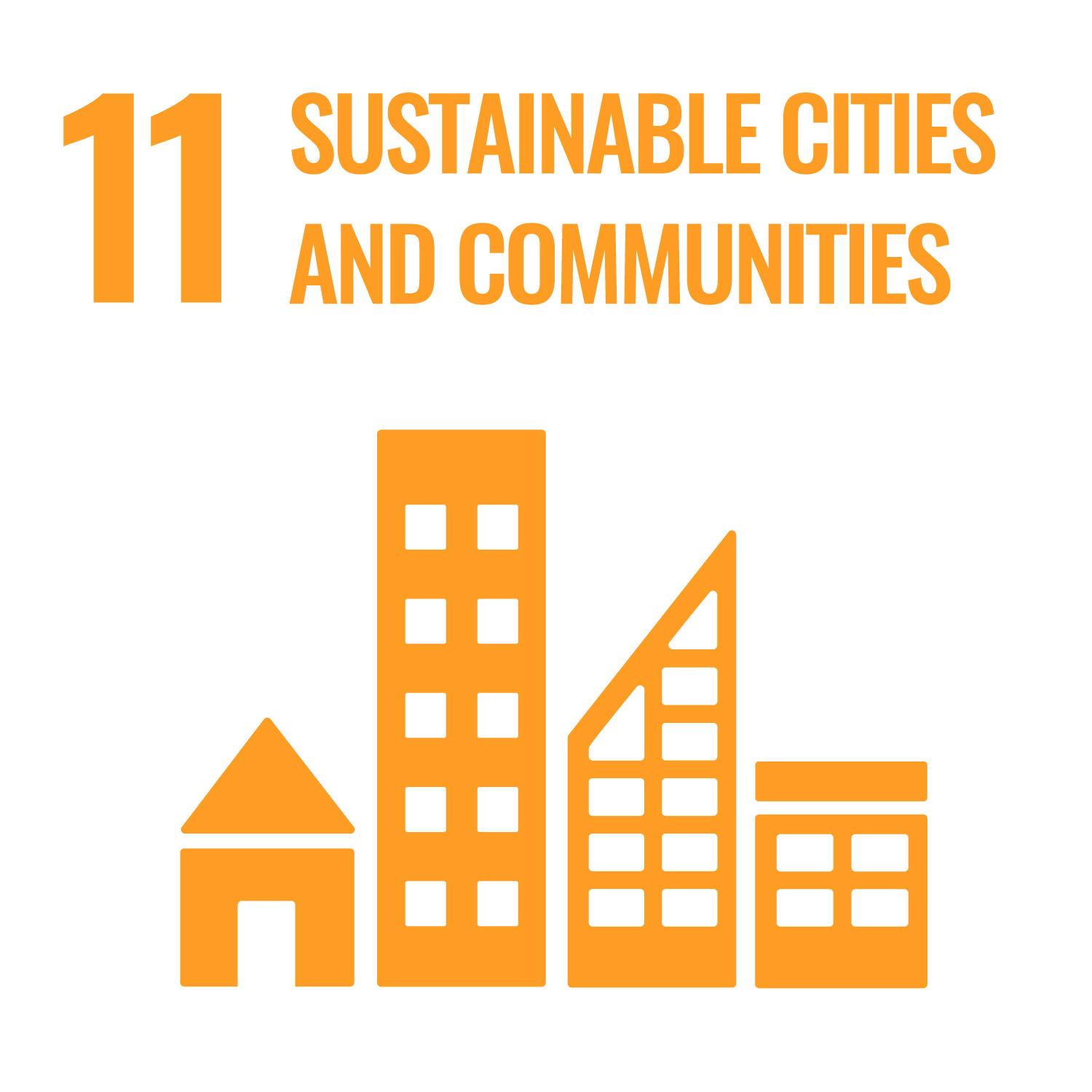
11.1 — Improvements to living conditions
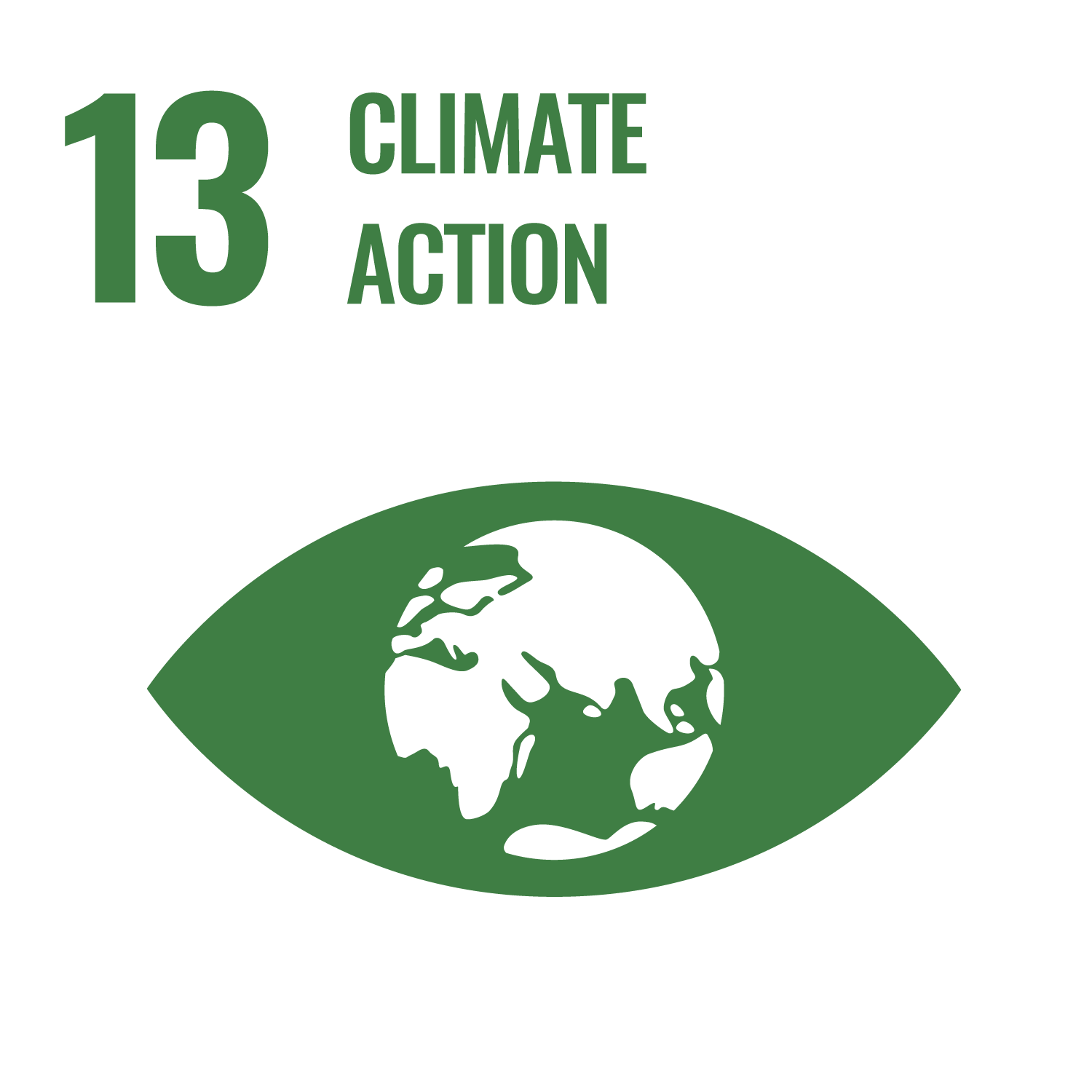
13.3 — Awareness raising on climate change
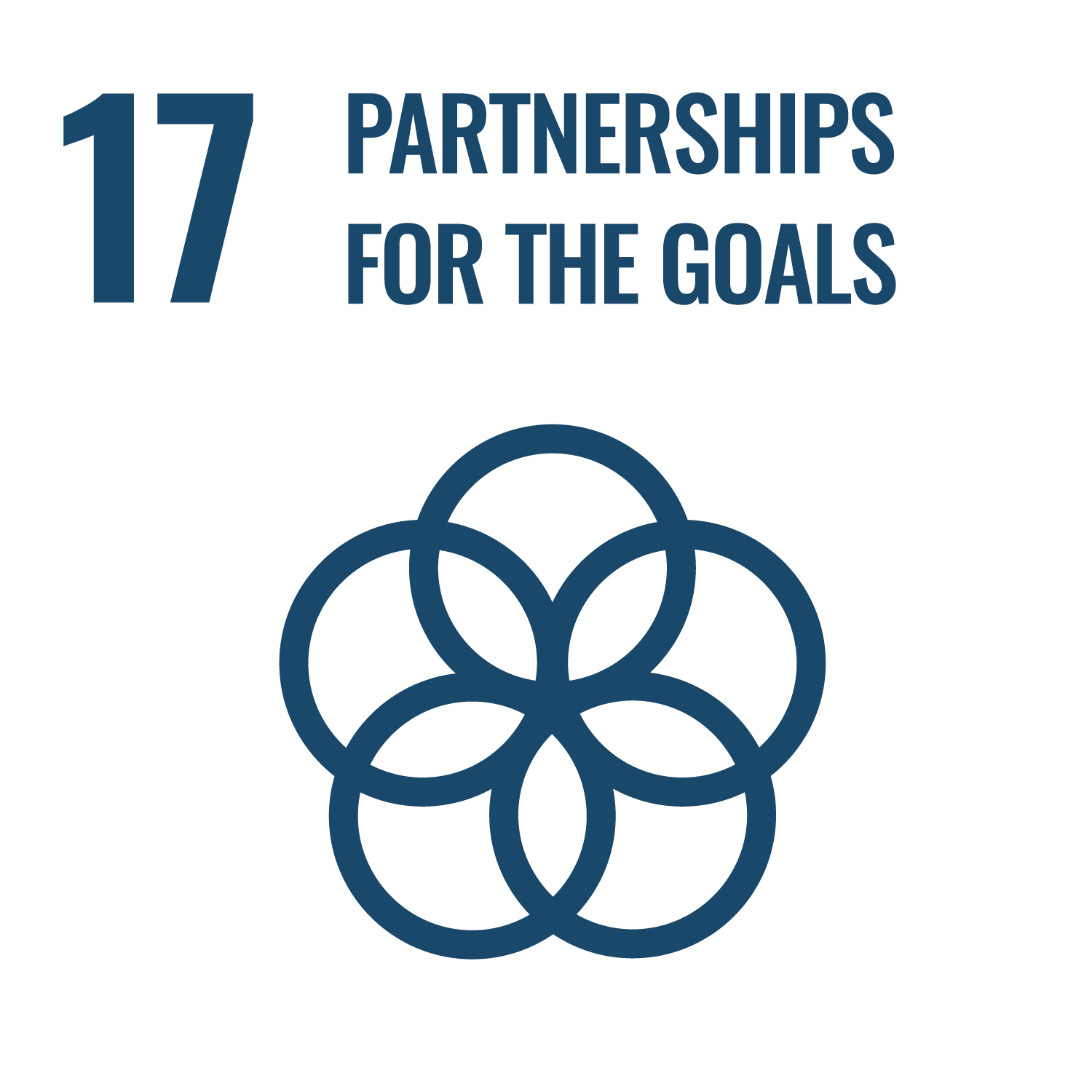
17.17 — Promoting partnerships
IN A NUTSHELL
End clients need to be supported on their journey towards entrepreneurship so that they can obtain sufficient income, allowing them to acquire suitable green energy and/or WASH solutions. This process provides sustainable access to basic services.The links between energy and financial inclusion need to be explored using existing digital electricity billing channels, in order to offer tailored payment solutions in remote rural areas.
LATEST NEWS

28 January 2025
Going for green energy: initial results from the EVER project in Senegal
A year ago, ADA launched the ‘Green Energy for Rural Development’ (EVER) project in Senegal. The first positive effects are already visible on the ground.
18 July 2024
Encouraging results in West Africa for improving access to renewable energy in rural areas
ADA recently completed two pilot projects focusing on access to renewable energy in rural areas of Senegal and Benin with conclusive results.
11 July 2024
ADA and its partners at the ARE Investment Academy 2024
ADA contributed to the latest edition of the ARE Investment Academy, a training and skill-building programme aimed at improving access to finance for local, decentralised renewable energy start-ups in Africa.
22 September 2022
ADA seeks innovative solutions to improve access to basic services
ADA is in the process of identifying innovative solutions to expand access to water, sanitation and hygiene (WASH) services and renewable energy in its countries of operation and began testing these solutions through pilot projects.